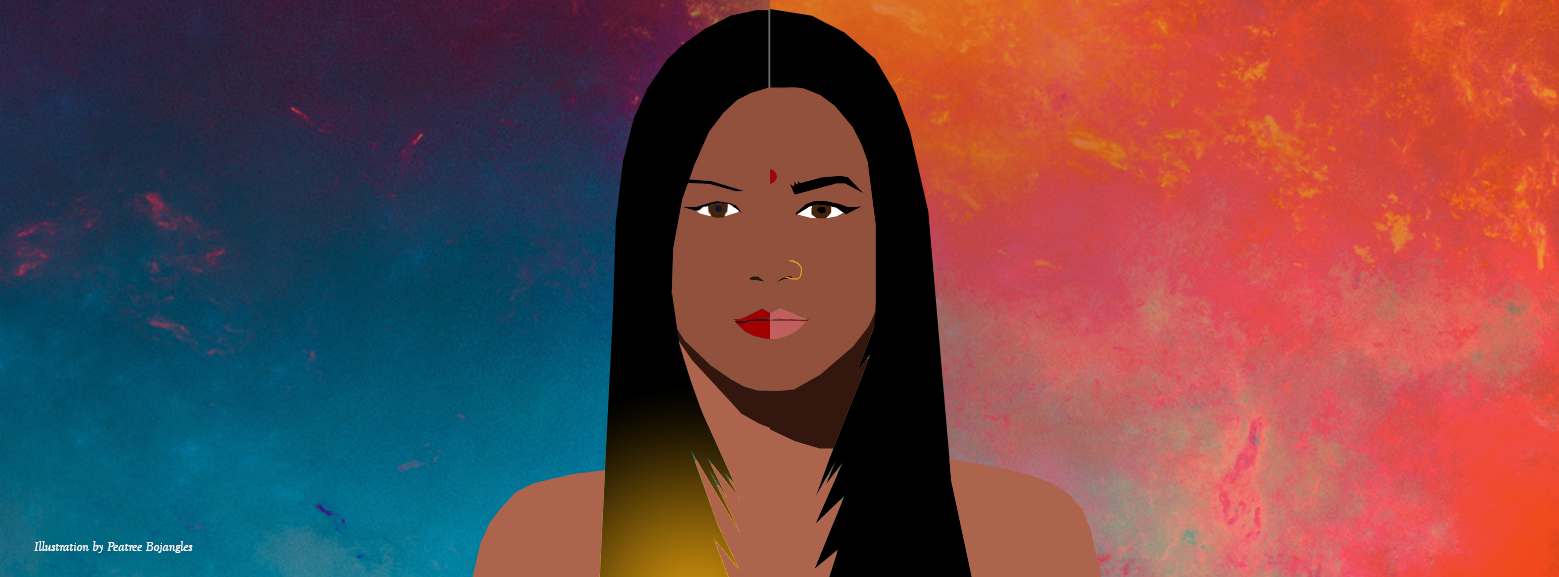My Dual Identity
/I sat on my desk as Mrs. Robinson addressed our fourth grade class. I could see her lips moving and hear sounds coming out of her mouth, but nothing she said made any sense. I knew English, at least the English we learned in India, but there was a finely built language barrier around me. It kept me isolated from all my white classmates and teachers. By the time I would translate one or two of the words my teacher said, she would’ve already said ten more. I went the first few weeks without being able to communicate much with anyone. I tried to talk to people, but it was no use because they couldn’t understand a word I was saying. I tried hard to make the words sound correct, to just be able to pronounce them, but I was left surrounded by confused faces.
As I sat with my classmates in our reading circle, I figured out which paragraph I would have to read so that I could practice reading it over and over again. I needed to sound like everyone else did. When it was my turn, I read out loud, “Sam would have better oppo... oppor..,” and before I could finish the sentence, the giggles of my classmates crept into my ears. I felt numb and all I could feel were the slow, warm tears making their way down my tan, brown face.
From that day on, I practiced my English every chance I got.
I read out loud from books and rehearsed common phrases in the mirror. The conversations with my parents slowly changed from Hindi to English. English tiptoed into my thoughts and dreams, as Hindi slowly started to fade out.
The same time next year my accent had changed completely. I was fluent in English with only traces of my Indian accent that managed to make its way out when I pronounced certain words wrong or mixed up the letters v and w. I took mental pictures of the food the kids around me ate and the clothes they wore, so that the only difference between me and them remained my skin colour. I never wanted to feel like the odd one out again, I never wanted to feel like a foreign body, I just wanted to fit in like everyone else did.
I wore plaid shorts like all the girls around me. I bought the black sandals that were trending and memorised the lyrics to the popular Taylor Swift songs. Looking at my classmates, I felt like I had become just like them. I remember how it filled me with joy when Riley Davis, the most popular girl in our class, told me that my shoes were cute. That was the defining moment for me; I felt like I had finally adapted to this new cultural climate and been accepted by the people around me. I was just like all the other kids, besides my brown skin and black hair of course.
It wasn’t until one day at Mosque that I realised the path I had gone down.
As I talked to my grandfather about school, Hindi words stopped coming to me so easily. I was losing my heritage slowly but surely. My lunch box no longer contained flavourful, savoury curries with Basmati rice, but peanut butter and jelly sandwiches. My headphones no longer played the classic Bollywood music I had grew up listening to, rather American pop hits. My bindis no longer made their way on my forehead, they now stayed at the bottom of my drawer. The country that had raised me was slipping away from my memories. The images of my life in India became minimal and hard to picture. It seemed like a lifetime ago to picture myself in the streets of India surrounded by the bustling traffic of cars and cows. I had become the 'western girl' that I always wanted to be, but I had failed my Indian roots. I had lost my home, and with it a part of me.
India is my identity. I knew that and I knew I had to find myself again. I wasn’t supposed to blend in with all the other people; I was supposed to keep my distinct identity. I am a brown girl and my heritage is my story. I am American, I am Indian; I am a mix of two cultures with the best of both. I am fluent in English, but my Hindi will never be forgotten. I eat American food, but the smell of curry powder never leaves my skin. I listen to American music from time to time, but the tunes of Bollywood songs never leave my head. I am the proud product of two different Nations, two different ideals, but one strong sense of pride.


